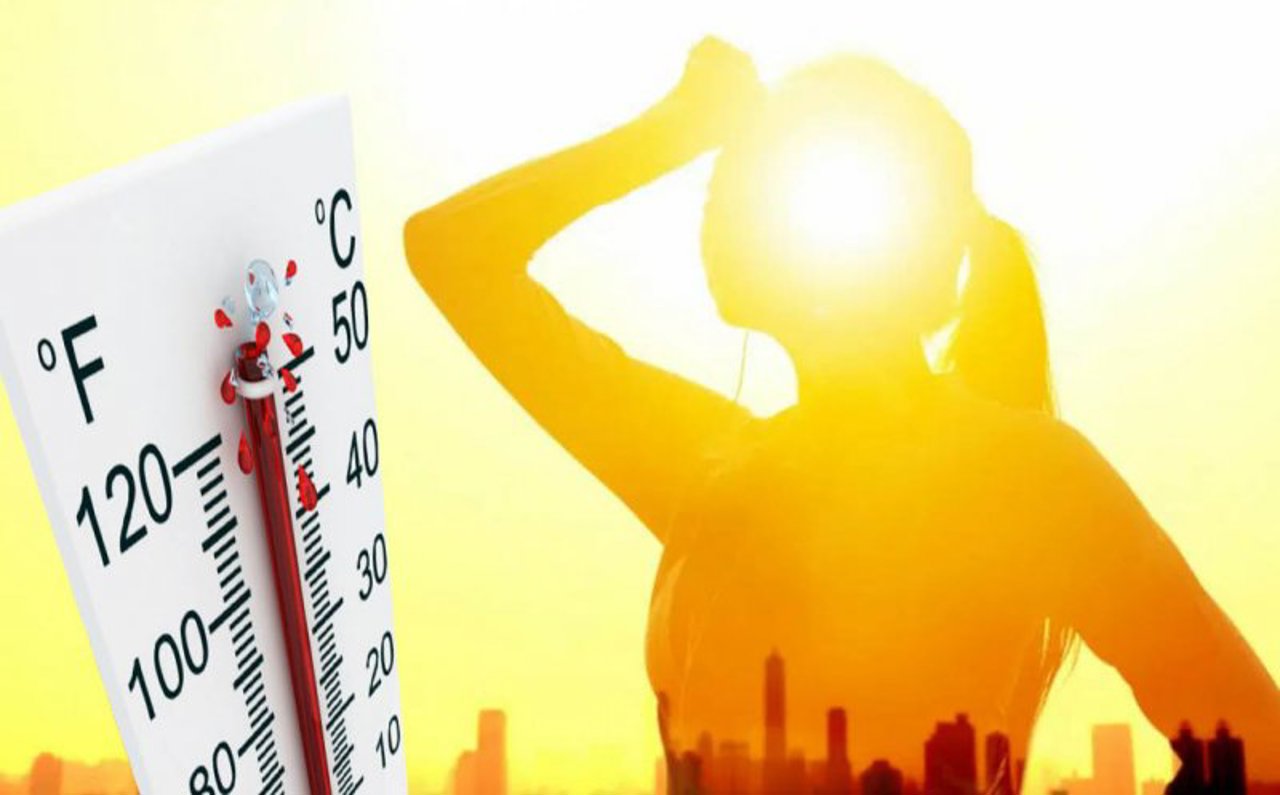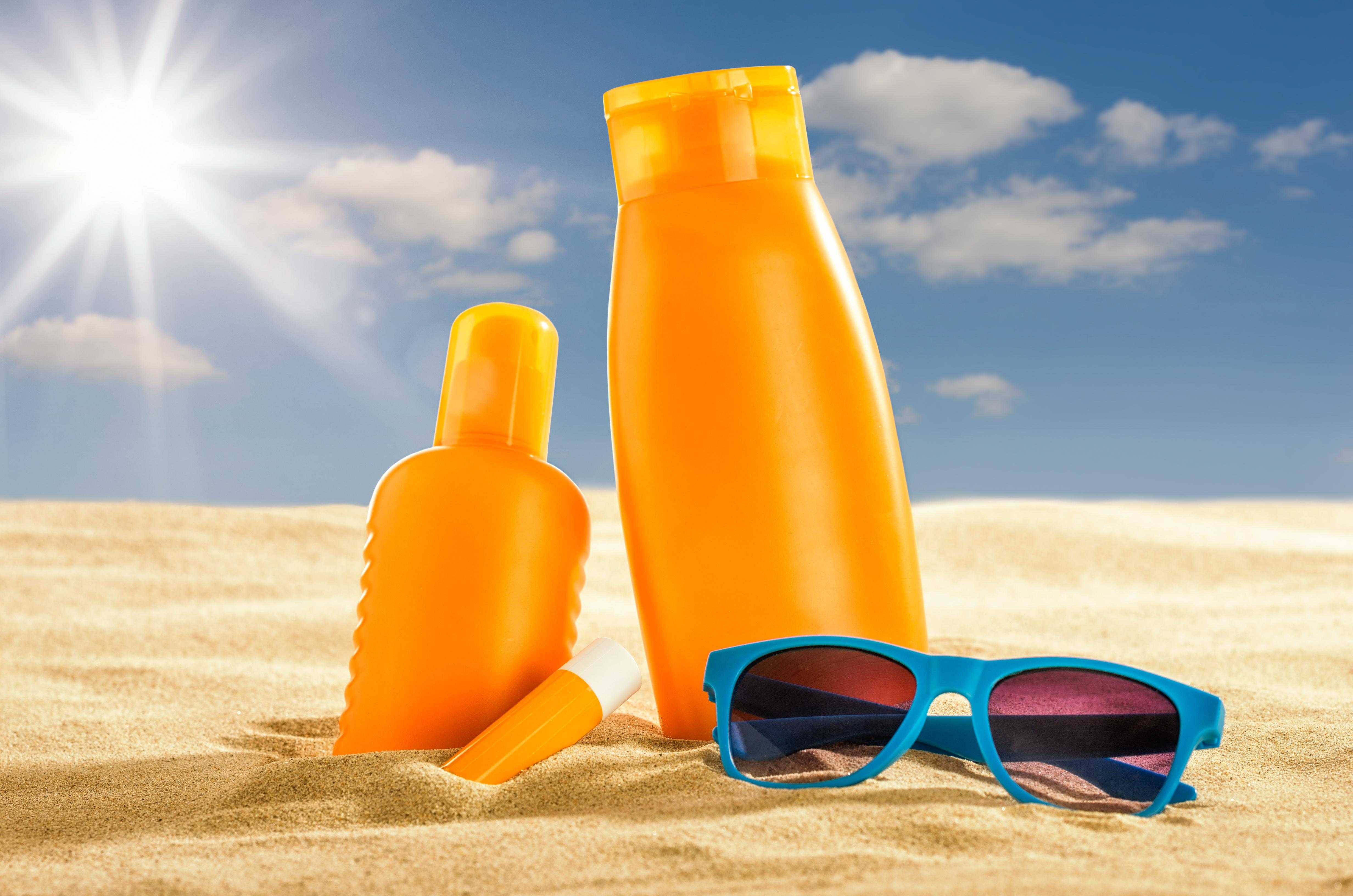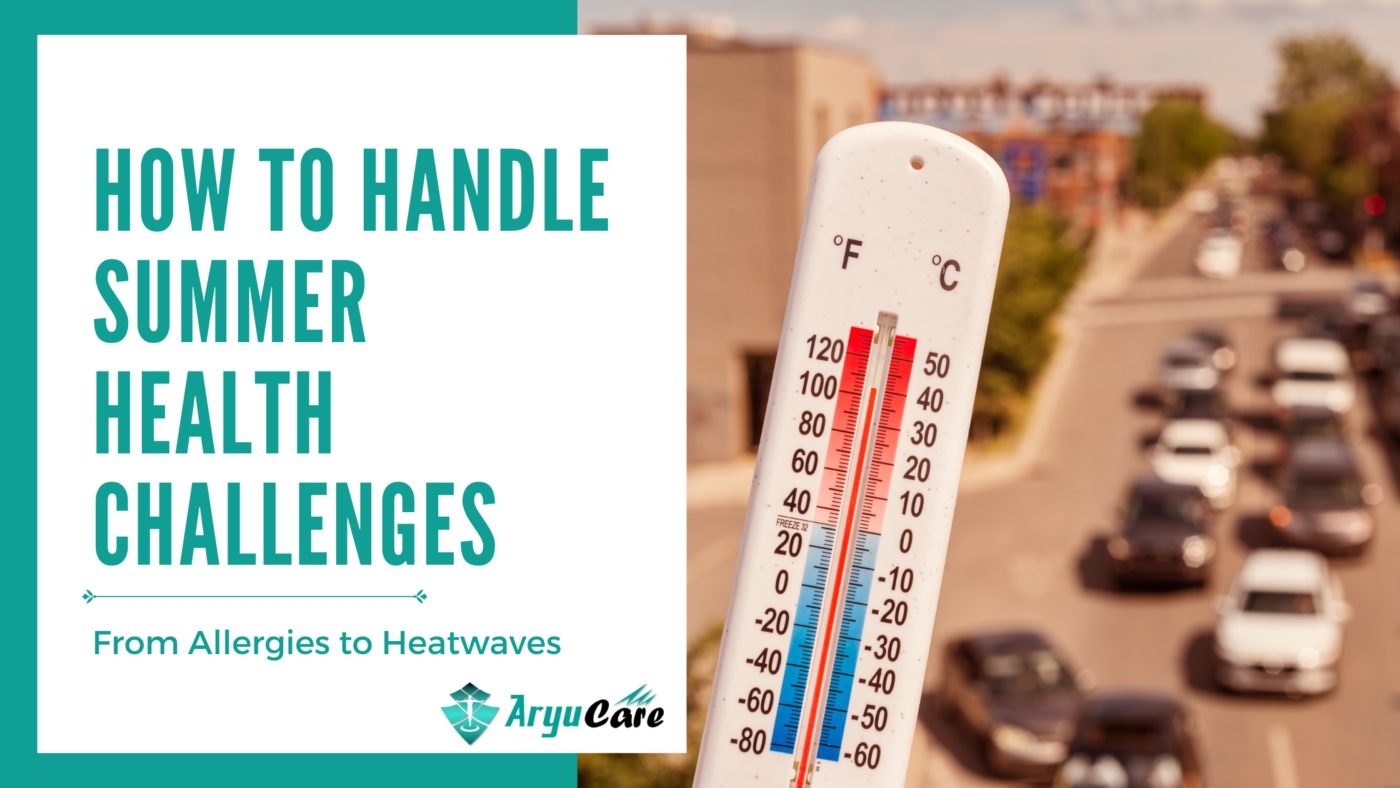Summer brings warmth, vacation, and adventure, but with it comes a special set of health issues. From sneezing your way through pollen season to being prepared during blistering heatwaves, warmer weather requires preemptive maintenance to ensure that you feel as great as ever. Whether you’re tackling allergies, dehydration, or annoying bug bites, this blog will walk you through the most prevalent summer health challenges and provide real-world tips to manage them with confidence. Let’s get started and have a great and healthy time this season!
1. Conquering Summer Allergies
Nice weather equals flowers in bloom and for most, that means seasonal allergies. Tree, grass, and weed pollen, as well as mold spores that thrive in damp environments, can make you sneeze, itch, or stuffy.
Symptoms to Watch For:
Runny or stuffy nose
Itchy eyes, throat, or skin
Watery eyes or coughing
How to Handle It:
Check Pollen Forecasts: Use apps or sites to follow high-pollen days and reduce outdoor activity during peak times (usually early morning).
Rinse Off Pollen: Shower and change clothing after spending time outdoors to get rid of pollen from your hair and skin.
Use Over-the-Counter Relief: Antihistamines such as cetirizine or loratadine will alleviate symptoms. Eye drops or nasal sprays may also relieve see a pharmacist for recommendations.
Keep Indoor Air Clean: Use a HEPA-filter air purifier and keep windows closed when it’s high-pollen season.
Pro Tip: Use sunglasses to protect your eyes from pollen and a wide-brimmed hat to minimize exposure when outside.
When to Visit a doctor:
If symptoms linger after treatment or wheezing or shortness of breath occurs, see a doctor. Allergy testing or prescription medication may be required.
2. Remaining Safe During Heatwaves
Heatwaves are becoming more frequent, and prolonged exposure to high temperatures can lead to heat exhaustion or even heatstroke, a medical emergency.
Symptoms to Watch For:
Heat Exhaustion: Heavy sweating, weakness, nausea, headache, or dizziness.
Heatstroke: High body temperature (above 103°F), confusion, rapid pulse, or fainting.
How to Handle It:
Stay Hydrated: Drink water regularly aim for 8-12 cups daily, more if you’re active. Electrolyte drinks can help if you’re sweating heavily.
Dress Smart: Wear loose, light-colored clothing and a hat to reflect heat. UV-protective fabrics are a bonus.
Seek Shade or AC: Limit outdoor activities during the hottest hours (10 a.m. to 4 p.m.). Cool off in air-conditioned spaces when possible.
Cool Down Fast: Use cold compresses, misting fans, or a dip in a pool to lower your body temperature.
Pro Tip: Freeze a water bottle and roll it on your wrists or neck for an instant cool-down at outdoor activities.
When to See a doctor:
If you or someone else develops symptoms of heatstroke (confusion, lack of sweating, or loss of consciousness), call emergency services at once and relocate them to a cool location while waiting.

3. Preventing Dehydration
Summer (Health) heat and humidity increase fluid loss through sweat, making dehydration a real risk, especially during exercise or prolonged outdoor time.
Symptoms to Watch For:
Thirst, dry mouth, or dark urine
Fatigue, dizziness, or headache
Reduced urine output
How to Handle It:
Drink Before You’re Thirsty: Sip water throughout the day rather than chugging it all at once. Carry a reusable water bottle for convenience.
Eat Hydrating Foods: Munch on water-dense fruits such as watermelon, cucumber, or oranges, which also contain vitamins and electrolytes.
Limit Diuretics: Reduce caffeine and alcohol intake, which can dry you out. If you indulge, balance with additional water.
Pro Tip: Mix a pinch of salt and squeeze of lemon into your water for a do-it-yourself electrolyte boost after excessive sweating.
When to See a doctor:
Severe dehydration (e.g., fast heartbeat, sunken eyes, or no urine) is a medical condition. In extreme cases, IV fluids might be needed.
4. When to Treat Bug Bites and Stings
Mosquitoes, bees, and ticks are most active during summer, and their bites or stings may itch, swell, or even spread disease such as Lyme disease or West Nile virus.
Signs to look out for:
Red, itchy bumps or swelling
Pain or heat at the site of the sting
Occasionally, infection (pus, fever) or allergic reaction (hives, breathing difficulty)
What to Do with It:
Avoid Bites: Apply EPA-approved repellents such as DEET, picaridin, or oil of lemon eucalyptus. Wear long pants and long sleeves in woods.
Cover Up: Tuck pant legs into socks and wear closed-toe shoes when walking in the woods. Light clothing makes ticks visible.
Treat Bites Immediately: Wash the area with soap and water and then use hydrocortisone cream or calamine lotion for relief from itching. Ice packs can help in reducing swelling.
Check for Ticks: On coming indoors after outdoor activities, do a complete tick check of the body, including armpits, groin, and scalp. Use tweezers to pull out ticks, holding near the skin.
Pro Tip: Carry a compact first-aid kit with antihistamine cream and band aids in case of sudden relief needed while on picnics or camping.
When to Visit a Physician:
Get medical attention for symptoms of an allergic reaction (swelling, difficulty breathing), a bullseye rash after a tick bite, or ongoing symptoms such as fever or joint pain.
5. Treating Your Skin:
Your skin gets hit hard by summer (health) sun, advancing sunburn, premature aging, and skin cancer. Even brief intervals of UV radiation accumulate over time.
Symptoms to Pay Attention To:
Red, tender skin after sun exposure
Blisters or peeling (severe sunburn)
New or changing moles
How to Handle It:
Use Sunscreen Daily: Use broad-spectrum SPF 30 or more, applying liberally (about a shot glass for your body). Reapply every two hours, or after swimming/sweating.
Seek Shade: Use umbrellas, hats, or UV-protective clothing during the strongest sun hours. Sunglasses with UV protection protect your eyes, too.
Soothe Sunburns: Cool showers, aloe vera gel, or over-the-counter hydrocortisone cream can soothe discomfort. Drink plenty of water to promote healing.
Pro Tip: Select a light, non-comedogenic sunscreen for your face to avoid clogged pores in humid temperatures.
When to See a doctor:
Severe sunburns with blisters, fever, or confusion require medical attention. Schedule a skin check if you have suspicious moles or recurrent burns.

6. Dealing with Summer Colds and Infections
Though colds are less frequent in the summer, warm weather may contribute to infections such as swimmer’s ear, athlete’s foot, or food poisoning from bad picnics.
Watch For These Symptoms:
Ear discomfort or itching following swimming
Scaly, itchy feet or rashes
Nausea, diarrhea, or stomach cramps after consumption
How to Manage It:
Prevent Swimmer’s Ear: Dry your ears thoroughly after swimming and apply ear drops (alcohol-vinegar solution) to discourage bacterial growth.
Dry Feet: Wear shoes with good air flow and change socks frequently to prevent fungal infections. Use antifungal powder in common areas such as swimming areas.
Food Safety: Store perishable foods chilled and never let picnic food sit out for over an hour in hot weather. Wash hands prior to eating.
Pro Tip: Carry a small hand sanitizer bottle at outdoor events where sinks are not present.
When to See a doctor:
Persistent ear pain, aggravating rashes, or extreme gastrointestinal distress (e.g., bloody stools or dehydration) need professional care.
7. Maintaining Mental Well-being
Summer health isn’t always fun heat, disrupted schedules, or social stress can get to your mental health.
Symptoms to Watch Out For:
Irritability or heat fatigue
Body-image or social-event anxiety
Being overwhelmed by travel or plans
How to Deal:
Stay Cool: Heat can intensify stress, so opt for air-conditioned areas or shaded regions to maintain your mood in check.
Set Boundaries: Schedules don’t have to be full. Schedule downtime to recharge, such as reading or a walk by yourself.
Practice Mindfulness: Brief meditation periods or deep breathing can help quell anxiety. Try the Headspace or Calm app for beginners.
Pro Tip: Develop a morning routine such as journaling or stretching to anchor yourself prior to hectic summer days.
When to Consult a Professional:
Should you find yourself consistently low, anxious, or disconnected, a therapist or counselor can assist you in overcoming these obstacles.
Final Thoughts
Summer is a fun season, but it has health issues that necessitate a bit of planning and consciousness. From protecting yourself from heat and allergies to calming bug bites and sunburns, taking small steps can have a huge impact on how you feel. Stay hydrated, guard your skin, and heed your body’s warnings to make the most of the season without worry. With these tricks in your arsenal, you’re all set to brave whatever summer sends your way whether it’s a pollen-laden zephyr or a hot afternoon.


